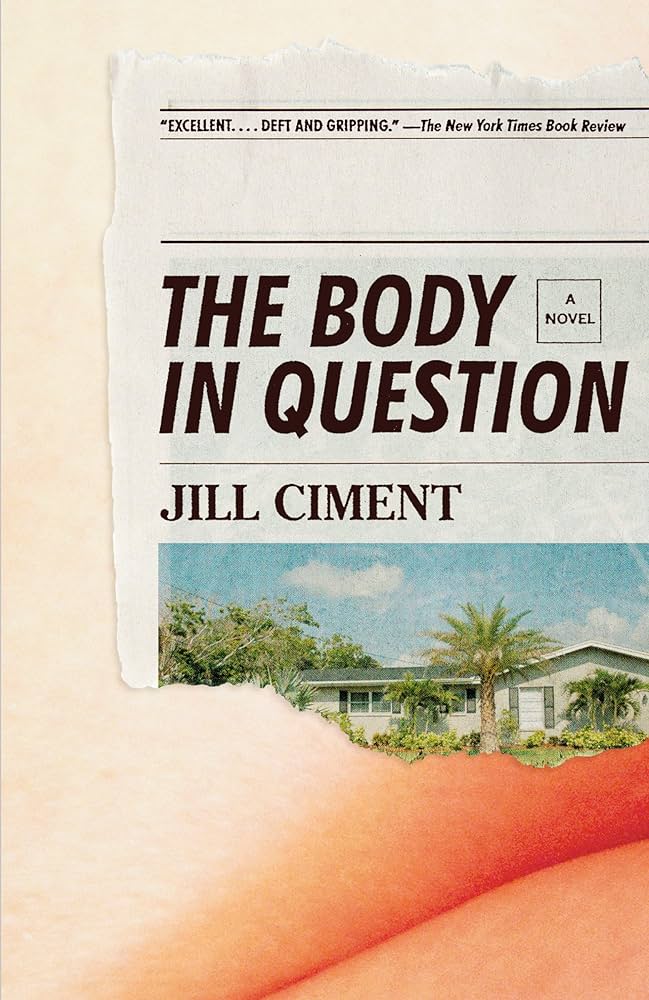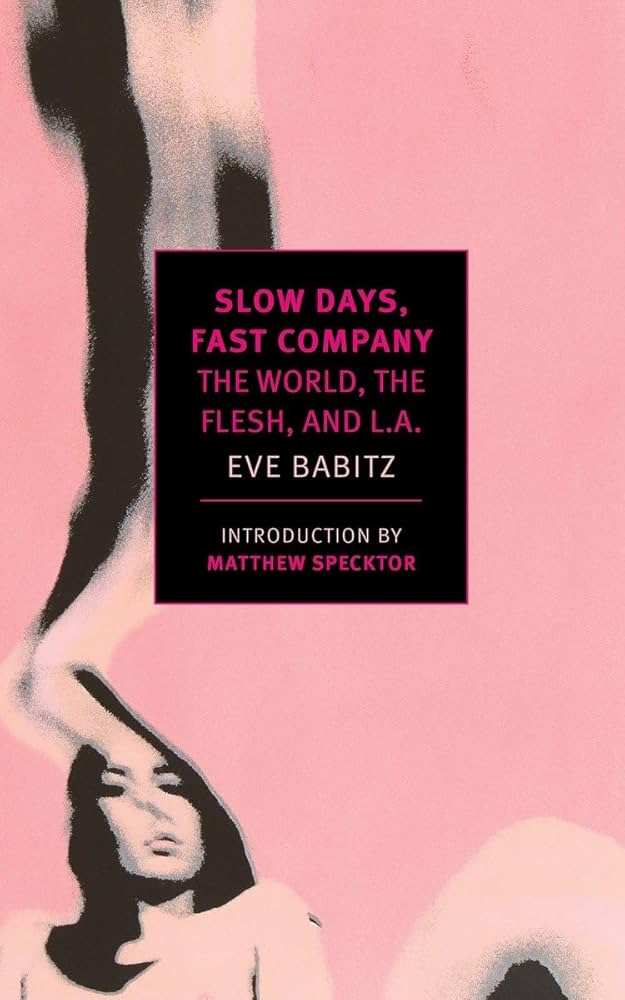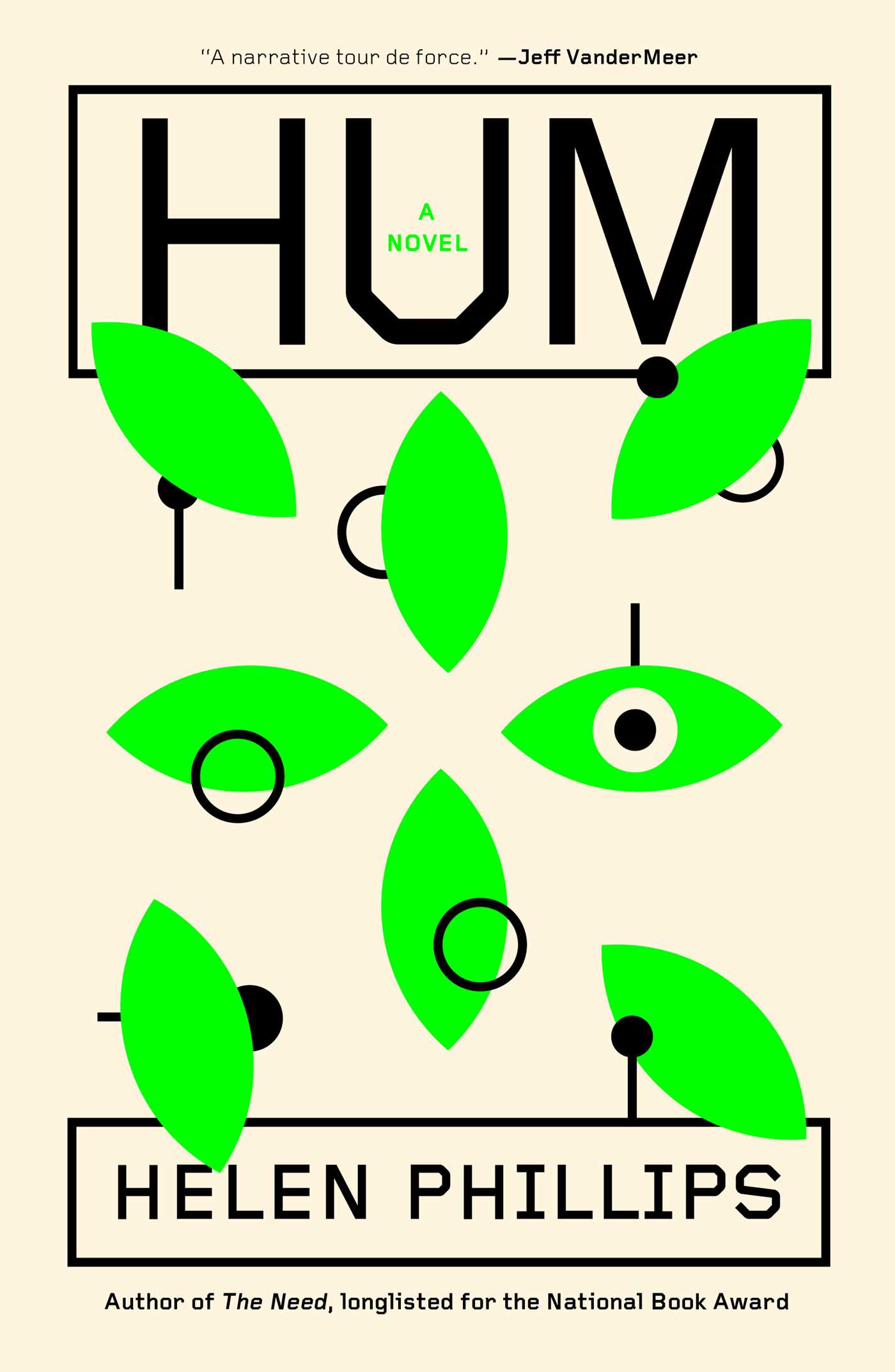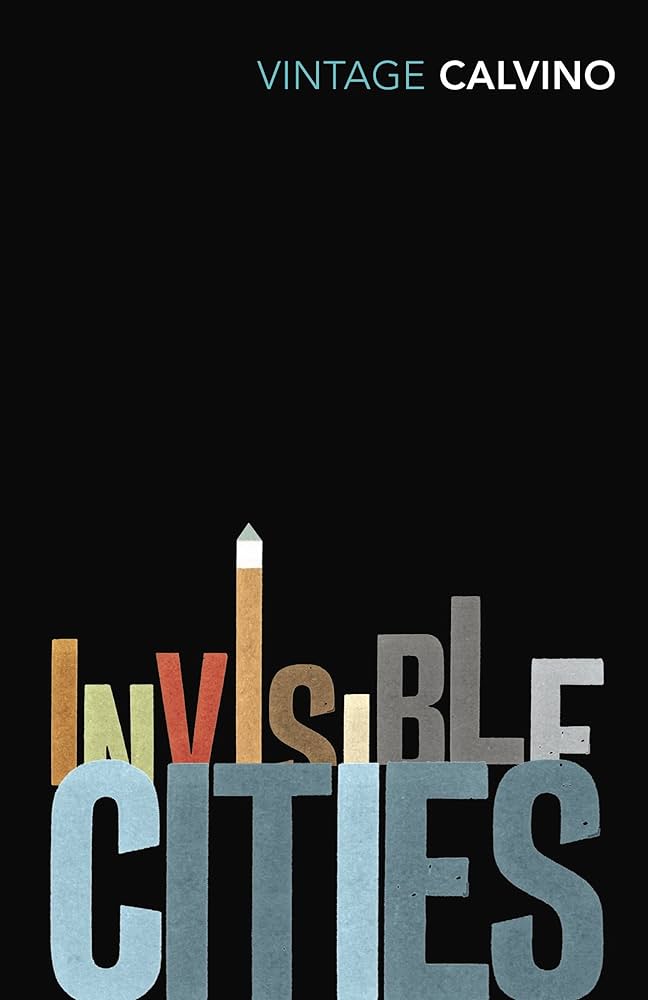The Body in Question would have been a completely different book if I hadn’t read Consent first. Jill Ciment‘s 2024 memoir is not only a recounting of her lifelong relationship with Arnold Mesnches (she was 16 and he was 46 when they started dating), but it’s an inquisition into the nature of memory and memoir. From Consent:
The point of view in a memoir is curious. The writer must trick the reader (and herself) into believing that she actually remembers how she felt decades ago. A memoir is closer to historical fiction than it is to biography.
The Body in Question is a work of fiction, though the narrator is 30 years younger than her husband, they live in the same part of Florida as Arnold and Jill. Everything about the narrator and her marriage seems…familiar. There are subtle differences — the narrator is an accomplished photographer, her husband a journalist (author and artist, in real life), but the broad strokes are based in reality.
She’s called to jury duty for a high-profile murder case, in which a teenager with a developmental delay is accused of setting her infant brother on fire. The jurors are instructed not to use their own names, so she’s referred to as C-2 throughout the first 2/3 of the novel. She starts an affair with F-17 while the jury is sequestered during the trial. Meanwhile, her husband is aging and needy.
Ciment’s writing is direct and breathtakingly original. Here’s her about her husband’s failing health:
Her husband is and has always been-a hypochondriac, but recently, he has finally outgrown his disorder. All the imaginary symptoms are coming true.
The Body In Question is a short, intense and riveting story told from a unique perspective — as the trial proceeds, ends, and the media circus ensues, C-2’s life gets messy. Ciment’s writing is propulsive and memorable, and the two storylines are equally compelling and tension-filled.
The existence of Consent adds another layer of drama to this. So many things in this story line up perfectly with the life that Ciment describes in her memoir. Her husband’s declining health, her own fears about leaving him alone. Even the cause of death and process of dying in The Body in Question lines up pretty well with the events described in Consent.
Grief doesn’t feel as if a rug has been pulled out from under her. There is no rug. There is no floor on which to lay a rug. There is no ground on which to build a floor to lay a rug.
In the last half of Consent, Ciment writes about basing her fiction on real life. Her first two books, The Law of Falling Bodies and Teeth of the Dog, both feature couples with a similar age gap. Write what you know. But what Ciment achieved with her memoir is to cast herself as an unreliable narrator of her own life. What that does is cast a shadow over her prior work.
The whole time I was reading The Body in Question, I was wondering how much of it was based in Ciment’s own life. It adds another layer of intrigue to an already excellent novel. I can’t wait to read more of Ciment’s work.









